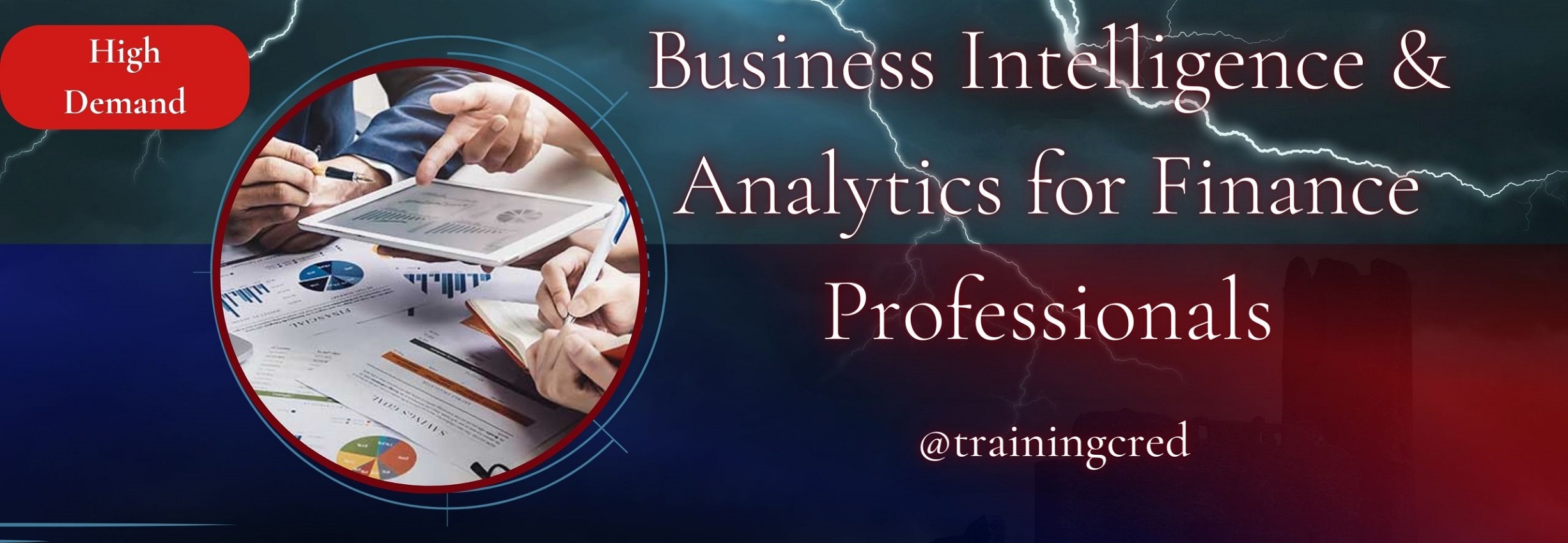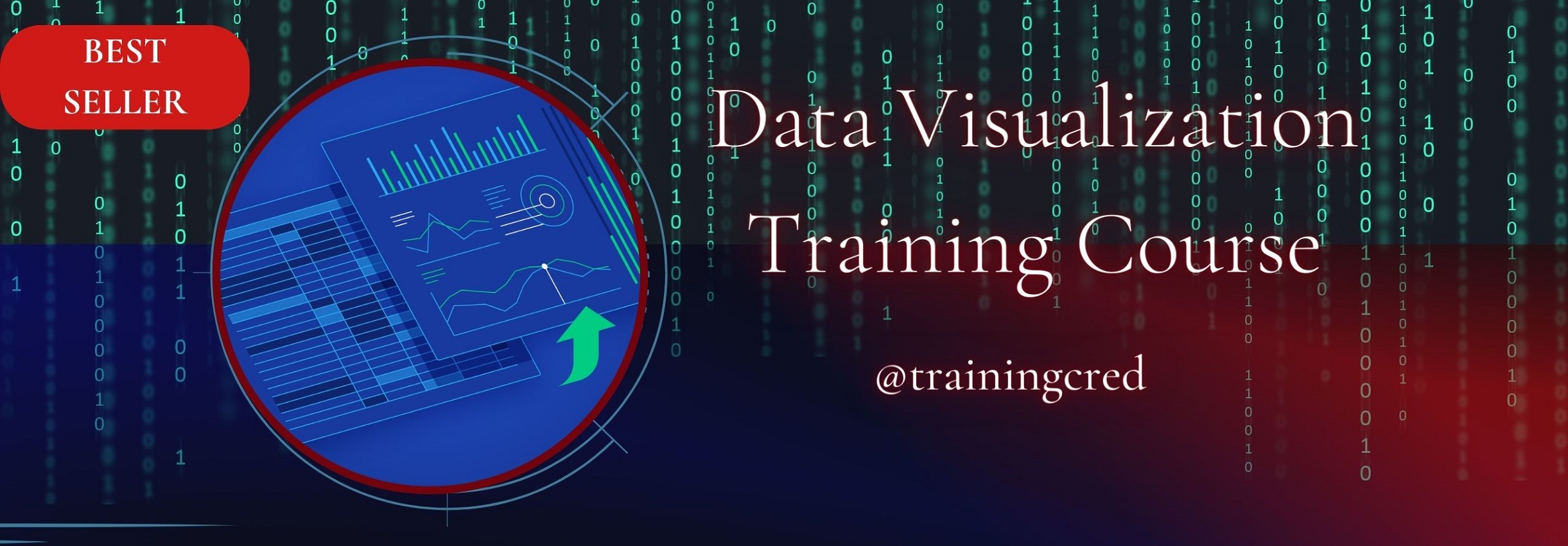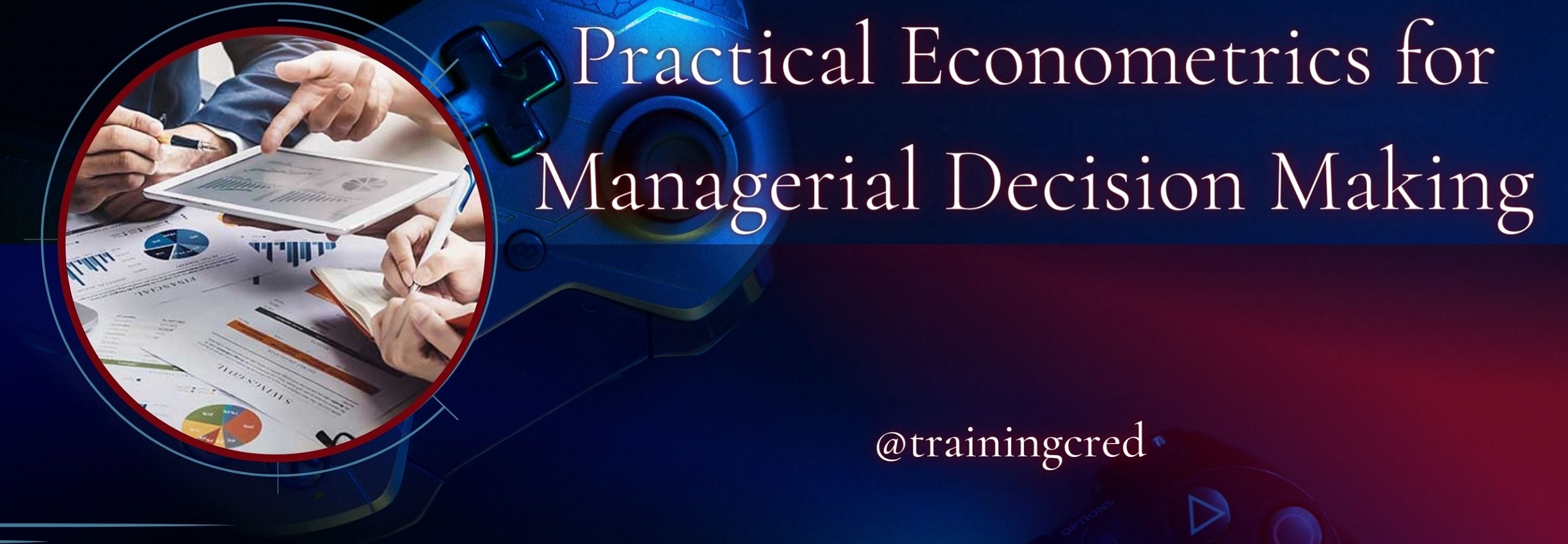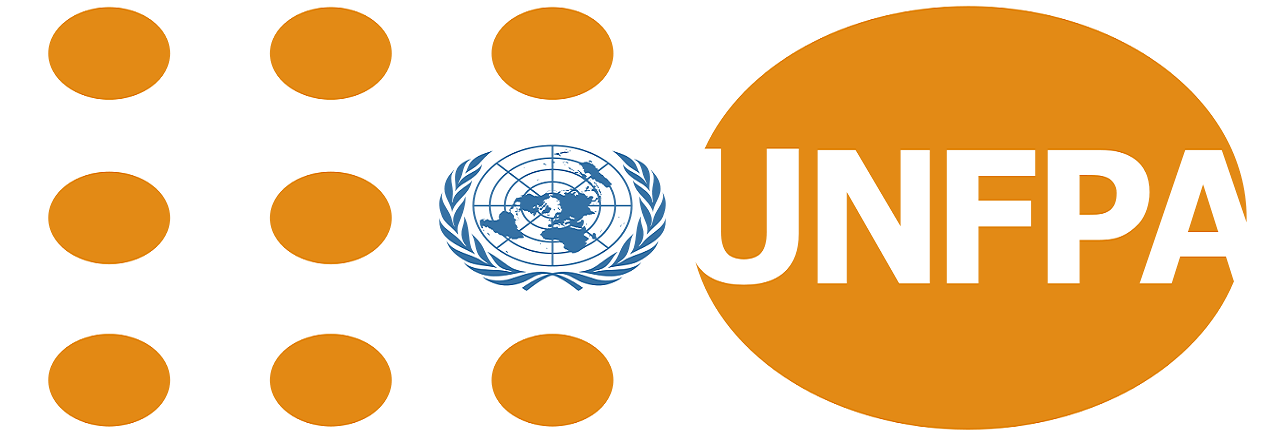Statistical Data Analysis with R Training Course
Ever stared at a dataset, wondering how to unlock its secrets? Or wished you could wield your data to predict future trends, make smarter decisions, and drive your organization forward? Welcome to our "Data Analysis with R" Training Course at Trainingcred Insitute, where data doesn't just speak—it sings. R is not just a programming language; it's your key to unlocking the full potential of data analysis. Ready to embark on a journey from data novice to data ninja with R? This journey will transform your approach to data, offering the skills to explore, analyze, and visualize data in ways you never thought possible.
| Venue Location | Duration | Language | |
|---|---|---|---|
| Nairobi, Kenya | 10 Days | English | Dates & Prices |
| Mombasa, Kenya | 10 Days | English | Dates & Prices |
| Kisumu, Kenya | 10 Days | English | Dates & Prices |
| Naivasha, Kenya | 10 Days | English | Dates & Prices |
| Nakuru, Kenya | 10 Days | English | Dates & Prices |
| Code | Start Date | End Date | Fee | |
|---|---|---|---|---|
| DSR-01 Filling Fast⚡ | Jul 22, 2024 | Aug 02, 2024 | USD. 1360 | Register Individual Register Group |
| DSR-01 Filling Fast⚡ | Aug 19, 2024 | Aug 30, 2024 | USD. 1360 | Register Individual Register Group |
| DSR-01 | Sep 23, 2024 | Oct 04, 2024 | USD. 1360 | Register Individual Register Group |
| DSR-01 | Oct 28, 2024 | Nov 08, 2024 | USD. 1360 | Register Individual Register Group |
| DSR-01 | Nov 18, 2024 | Nov 29, 2024 | USD. 1360 | Register Individual Register Group |
| DSR-01 | Dec 23, 2024 | Jan 03, 2025 | USD. 1360 | Register Individual Register Group |
| DSR-01 | Jan 06, 2025 | Jan 17, 2025 | USD. 1500 | Register Individual Register Group |
| DSR-01 | Feb 03, 2025 | Feb 14, 2025 | USD. 1500 | Register Individual Register Group |
Leap into Learning from Anywhere with Our E-Learning Platform!
Unlock a world of knowledge at your fingertips! 📚 Whether you're a curious learner or a career climber, our e-learning version of Statistical Data Analysis with R Training Course is designed to fit your lifestyle and aspirations. Our upcoming eLearning haven is being crafted to unlock the doors of knowledge, innovation, and expertise.
Why join our waiting list?
- Get exclusive early access to a vast library of courses.
- Be the first to experience cutting-edge learning technology.
- Join a community of pioneers and thought leaders.
- Enjoy special offers and discounts available only to early subscribers.
Here's how to join the Waiting List:
- Sign up for our waiting list with just a click.
- Receive a sneak peek into the courses and features that await.
- Be notified the moment we go live..
Transform Your Workforce
Learn emerging skills quickly with custom curriculum designed as per your needs.
Why top organizations prefer Trainingcred
- High engagement and outcome-centric learning
- Customized curriculum built with industry leaders, for industry leaders
- Hands-on exercises and industry use cases
- Strong reporting to track learning and calculate training ROI for managers
- Day 1 production ready on the completion of the training
Programs delivered as per your training needs
On Premises
Virtual Instructor-Led
Self-Paced
Blended
Modules Covered, Designed by Experts
Module 1: Introduction to R
- Understanding the R environment.
- Basic R syntax and operations.
- Setting up your R workspace.
Module 2: Data Types and Structures in R
- Exploring vectors, matrices, and data frames.
- Managing lists and factors.
- Working with dates and times.
Module 3: Data Manipulation with R
- Using dplyr for data manipulation.
- Tidying data with tidyr.
- Advanced data manipulation techniques.
Module 4: Data Visualization with R
- Creating basic plots with ggplot2.
- Customizing plots for clear data presentation.
- Advanced visualization techniques and plots.
Module 5: Statistical Analysis in R
- Basics of statistical analysis with R.
- Performing hypothesis testing.
- Regression analysis and diagnostics.
Module 6: Working with Text Data
- Text manipulation and regular expressions.
- Text mining and analysis.
- Sentiment analysis with R.
Module 7: Time Series Analysis
- Introduction to time series data.
- Time series decomposition and forecasting.
- Using R packages for time series analysis.
Module 8: Machine Learning with R
- Supervised vs. unsupervised learning.
- Building and evaluating machine learning models.
- Machine learning algorithms in R.
Module 9: Advanced Topics in R
- Working with R Markdown for reproducible research.
- Shiny for interactive web applications.
- Parallel processing and performance enhancement.
Like the course outline? Take the first step and Register.
About the Training Course
This comprehensive course dives deep into data analysis using R, a powerful language and environment for statistical computing and graphics. From the basics of R programming to advanced data analysis techniques, this course covers everything you need to harness the power of R for insightful data analysis. You'll learn through practical examples, real-world datasets, and hands-on exercises, enabling you to apply your new skills immediately.
The comprehensive course "Data Analysis with R" teaches the fundamentals of data analysis using the well-liked R programming language. The skills taught to participants will include data manipulation and transformation, statistical analysis, meaningful visualization creation, and the extraction of actionable insights from data sets. Participants will acquire the skills they need to handle problems involving data analysis in the real world through a combination of theoretical concepts and practical exercises.
Target Audience
The training is perfect for:
- Data analysts and scientists who want to leverage R for data analysis.
- Professionals in finance, healthcare, marketing, and other fields who deal with data.
- Researchers and academics looking to enhance their data analysis capabilities.
- Anyone interested in data analysis and seeking a comprehensive introduction to R.
Course Objectives
By the end of this course, participants will:
- Gain a solid understanding of R programming basics.
- Learn to manipulate, visualize, and analyze data using R.
- Master advanced data analysis techniques and statistical methods.
- Develop skills to create reproducible analyses and reports.
- Be able to apply R in real-world data analysis scenarios.
Organizational and Professional Benefits
- Enhanced decision-making capabilities through data-driven insights
- Improved efficiency and accuracy in data analysis processes
- Increased ability to extract actionable insights from complex datasets
- Better understanding of customer behavior and market trends
- Improved strategic planning and resource allocation based on data analysis
Professional Benefits:
- Gain proficiency in R, a widely used language in the field of data analysis
- Enhance data manipulation and analysis skills for career advancement
- Improve problem-solving abilities through statistical analysis techniques
- Develop expertise in data visualization to effectively communicate insights
- Expand career opportunities in data analysis, data science, and related fields
Training Methodology
The training methodology includes:
- Interactive lectures introducing key concepts and techniques in R.
- Hands-on practice sessions with real-world datasets to apply learning.
- Collaborative projects to solve actual data analysis challenges.
- Peer and instructor feedback to refine skills and understanding.
Certification: Your Badge of Honor!
Upon successful completion of our Statistical Data Analysis with R Training Course, you won't just walk away with newfound knowledge – you'll also snag a Trainingcred Certificate! This isn't just any piece of paper; it's your golden ticket, showcasing your expertise and dedication in Big Data Analytics, Data Science and Data Engineering.
Tailor-Made Course: Like a Suit, But for Your Brain!
Imagine Statistical Data Analysis with R Training Course that fits your team's needs as perfectly as a tailor-made suit! That's what we offer with our bespoke training solution. We don't believe in one-size-fits-all; instead, we're all about crafting a learning experience that's as unique as your organization.
How do we do it? By diving deep with a Training Needs Assessment, we uncover the hidden gems – the skills your team already rocks at, the knowledge gaps we need to bridge, and the ambitions soaring in their minds. It's not just training; it's a transformation journey, meticulously designed just for you and your team. Let's make learning personal.
Other Big Data Analytics, Data Science and Data Engineering Courses you may also like...
Business Intelligence and Analytics for Finance Professionals Training Course
Course Duration: 10 Days
Course Level: Foundation To Intermediate
Data Visualization Using Tableau Training Course
Course Duration: 5 Days
Course Level: Foundation To Intermediate
Data Visualization Training Course
Course Duration: 10 Days
Course Level: Foundation To Intermediate
Practical Econometrics for Managerial Decision Making Training Course
Course Duration: 10 Days
Course Level: Foundation To Intermediate
Python for Data Science Training Course
Course Duration: 10 Days
Course Level: Foundation To Intermediate
Blockchain and other Emerging Technologies Training Course
Course Duration: 10 Days
Course Level: Foundation To Intermediate
























